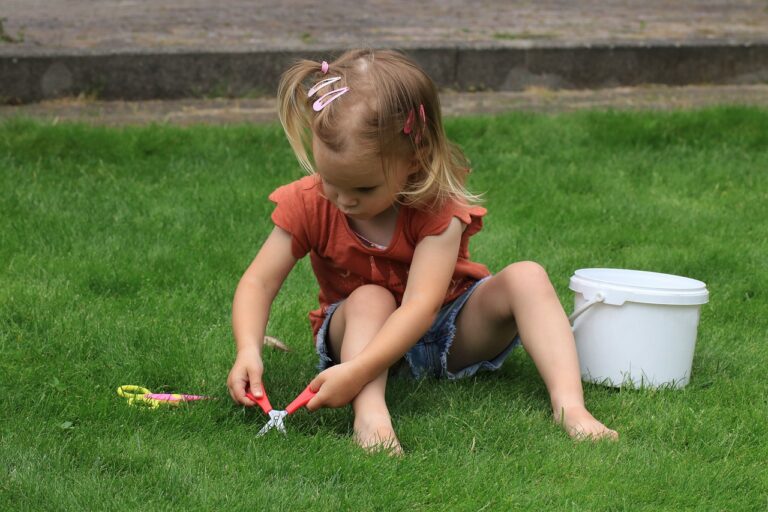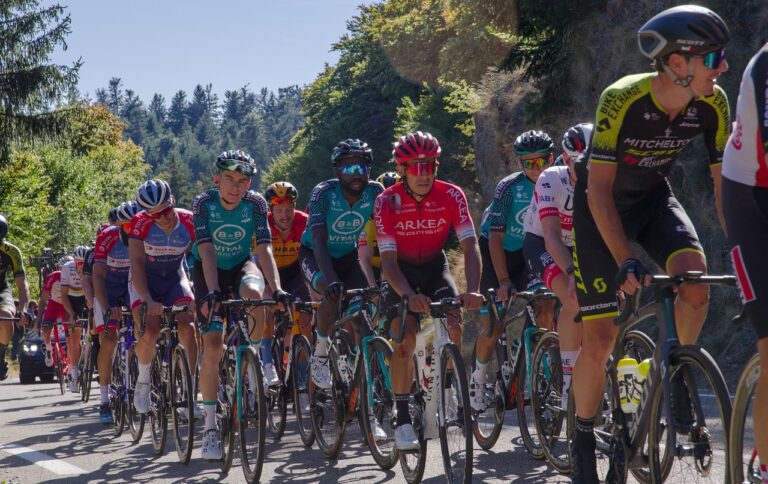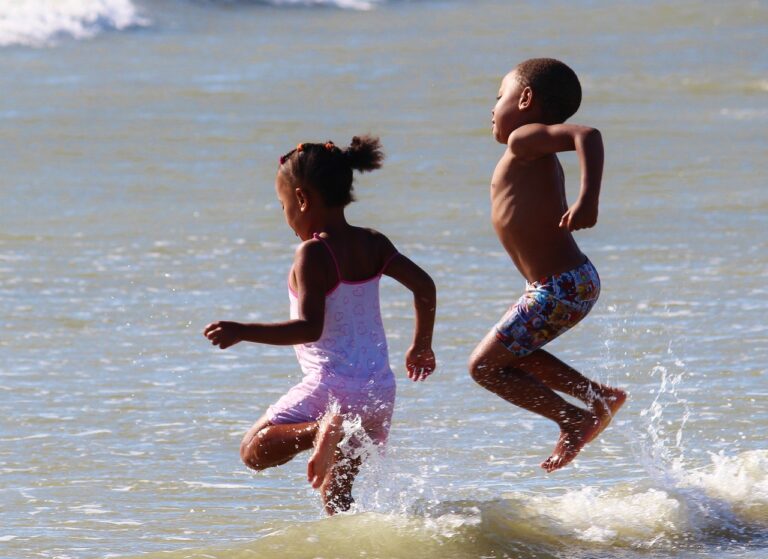Cricket and Indigenous Environmental Governance: Collaborative Conservation Models: Sky247, Diamondexch9, Tigerexch247
sky247, diamondexch9, tigerexch247: Cricket and Indigenous Environmental Governance: Collaborative Conservation Models
Cricket and Indigenous communities have a unique relationship that goes beyond just a sport. In recent years, there has been a growing interest in how cricket can be used as a tool for promoting conservation and sustainable environmental practices. Indigenous peoples have been the custodians of their lands for generations, using traditional knowledge and practices to protect and manage their natural resources effectively. By collaborating with these communities, cricket organizations can help promote conservation efforts and support indigenous environmental governance models.
Supporting Indigenous Conservation Efforts
One of the key ways in which cricket can support indigenous environmental governance is by providing funding and resources for conservation projects. Many indigenous communities lack access to financial resources to implement conservation initiatives, such as protecting endangered species or restoring ecosystems. By partnering with cricket organizations, these communities can receive the necessary support to carry out their conservation efforts effectively.
Promoting Sustainable Practices
Cricket events and tournaments often have a significant environmental impact, from carbon emissions to waste generation. By working with indigenous communities, cricket organizations can adopt sustainable practices that minimize their environmental footprint. For example, events can be organized in a way that respects the local ecosystem and traditional land use practices.
Sharing Knowledge and Expertise
Indigenous communities have a wealth of knowledge about their local environments and how to sustainably manage them. By collaborating with these communities, cricket organizations can learn from their traditional practices and incorporate this knowledge into their own sustainability initiatives. This knowledge sharing can help foster a greater understanding of the importance of indigenous environmental governance and the value of traditional ecological knowledge.
Creating Long-term Partnerships
Collaborating with indigenous communities on conservation projects can create long-term partnerships that benefit both parties. By working together, cricket organizations can support indigenous conservation efforts while also gaining a deeper appreciation for indigenous cultures and the importance of environmental stewardship. These partnerships can help build trust and mutual respect between cricket organizations and indigenous communities, leading to more effective conservation outcomes.
FAQs
Q: How can cricket organizations start collaborating with indigenous communities on conservation projects?
A: Cricket organizations can start by reaching out to indigenous leaders and community members to discuss potential collaboration opportunities. By listening to the needs and priorities of indigenous communities, cricket organizations can identify ways to support their conservation efforts effectively.
Q: What are some examples of successful collaboration between cricket organizations and indigenous communities?
A: One example is the partnership between the International Cricket Council (ICC) and indigenous groups in Australia to promote environmental sustainability during cricket events. Through this collaboration, the ICC has implemented waste reduction initiatives and supported indigenous-led conservation projects.
Q: How can individuals support indigenous environmental governance efforts in their communities?
A: Individuals can support indigenous environmental governance efforts by learning about traditional ecological knowledge, advocating for indigenous rights, and participating in conservation projects led by indigenous communities. By amplifying indigenous voices and supporting their initiatives, individuals can contribute to a more sustainable and equitable future for all.







